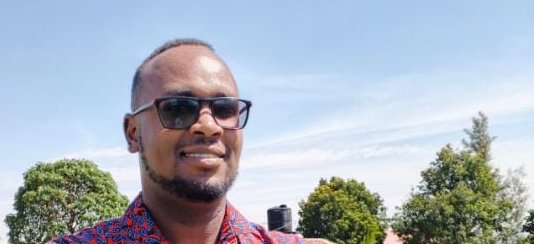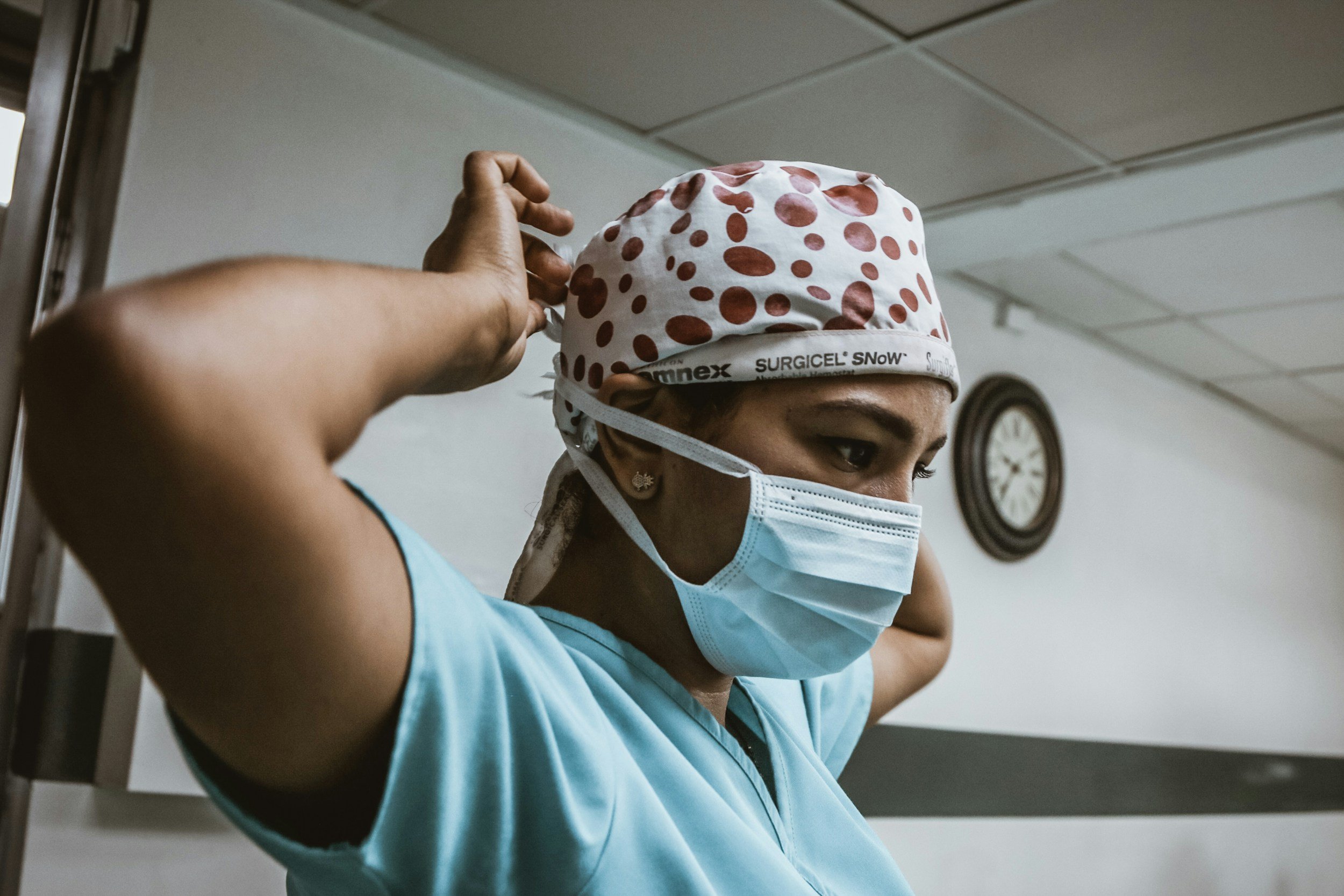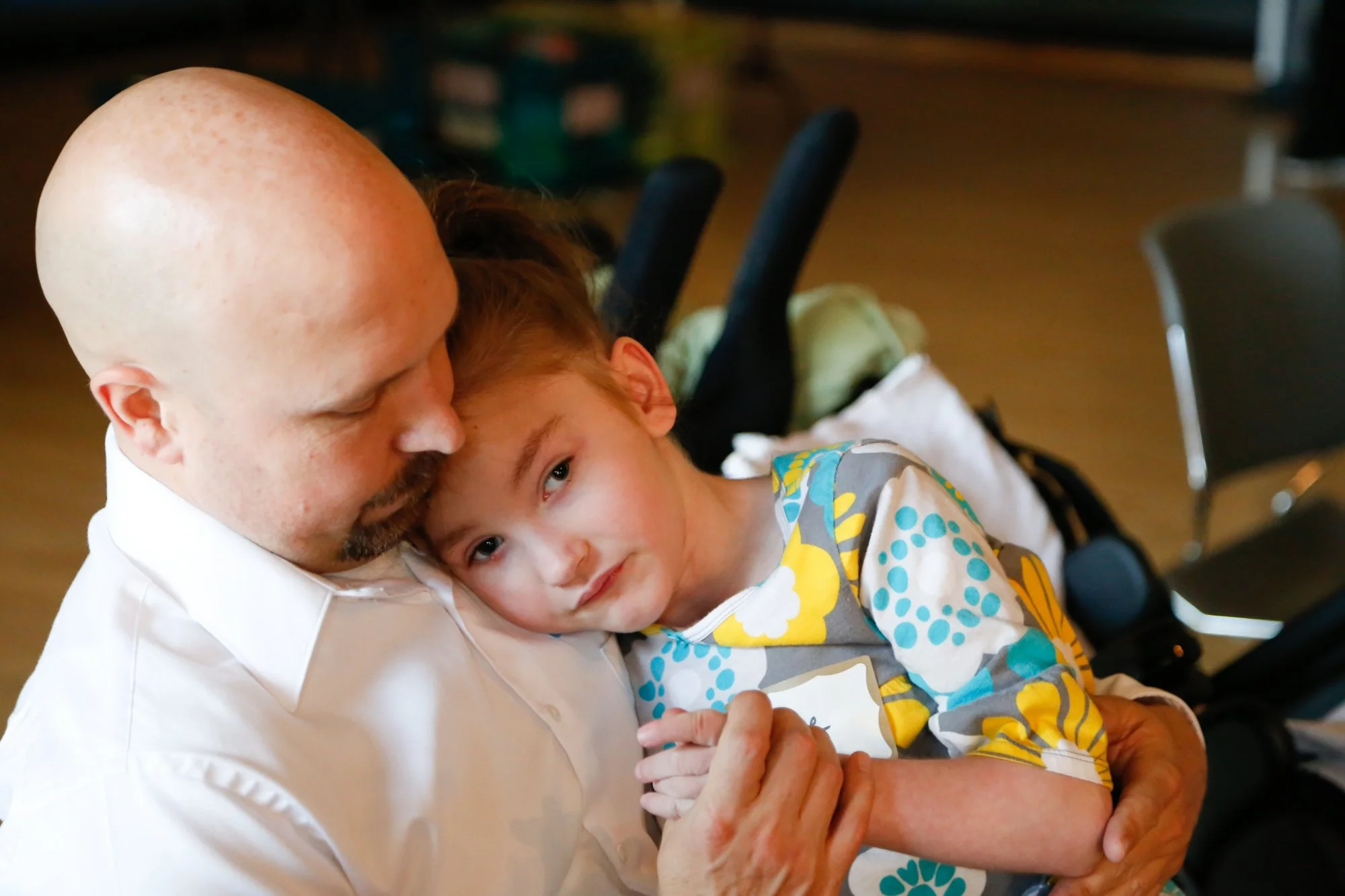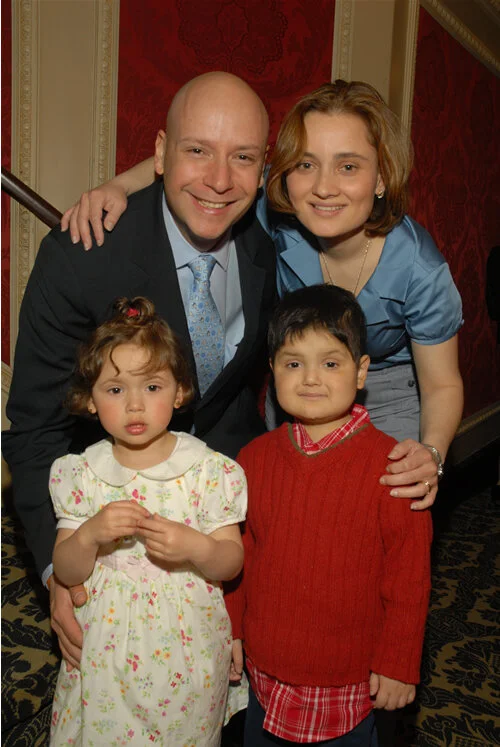When my brother Louis was young, he would occasionally gather up my sisters’ toys and dolls, take them to our finished basement, put prices on them, display them on tables … then invite my sisters down to “go shopping.”
He grew up to be a department store manager. No kidding.
While not everyone can draw such a direct line between their early life experiences and their eventual life path, I’ve found that asking people “How did you end up where you are today?” often prompts some interesting origin stories.
Such was the case in my recent conversation with Tricha Shivas, a Living Proof Advocacy-certified coach and patient advocate I have worked with for several years.
An early start to advocacy
As chief strategy officer for the Foundation for Sarcoidosis Research (FSR), Tricha supports the organization’s mission to accelerate research and find a cure for this rare disease. Prior to FSR, she worked at organizations that focused on muscular dystrophy, organ donation, myositis and other rare diseases, and women’s heart disease. “I have spent most of my life around illness or disease,” she noted—which prompted me to ask what led her to this work.
“I began questioning the nature of disease when I was 15,” explains Tricha. “That was when my Aunt Marcia, with whom I was especially close, was diagnosed with stage IV breast cancer at the age of 37. Seeing what she went through during the seven years before her death set me on the trajectory of healthcare advocacy.”
When Tricha’s aunt was diagnosed back in 1991, there were fewer drugs and therapies available to help manage the disease than there are now. As a result, her aunt’s course of treatment was predictable: aggressive chemotherapy and a regimen of experimental therapies designed to help her “battle her way through” the disease.
“My aunt often felt trapped in the militaristic metaphor of disease: ‘battling cancer, beating cancer, going to the arsenal for the next targeted treatment option,’” Tricha recalls.
But as Susan Sontag noted in AIDS and its Metaphors, when the war metaphor is used for illness, “ … expenditure [of funds and energy] is all-out … war being defined as an emergency in which no sacrifice is excessive.” Fighting at all costs was the only path presented to Tricha’s aunt. As a result, she felt she had limited power and control over what was happening to her—no agency as a patient.
That early experience stuck with Tricha and informed her academic career, eventually leading her to study and receive an advanced degree in biomedical ethics and feminist and social-political philosophy. “But after a while, my work became too esoteric and removed from the actual experiences of people,” Tricha notes. “I didn’t want to get wrapped up in theory. I wanted to do the work on the ground, helping empower patients to advocate for themselves and others.”
Fast-forward a few years, and that’s precisely the work Tricha is fortunate to do at FSR. Primarily, that means driving patient-centered research, building partnerships and advancing awareness to provide members of the sarcoidosis community the knowledge and support they need to navigate living with a chronic, complex and rare disease as well as options that allow them to fully participate in and shape their care.
But another important part of Tricha’s work—and what prompted her to become certified as a Living Proof Advocacy (LPA) coach—is helping patients and caregivers tap the power of sharing their personal experiences of the disease.
“I feel very strongly that the voices of people with chronic diseases need to be heard. I see my role as empowering patients and caregivers to bring their lived experience to the table and become catalysts for change,” says Tricha who, along with her FSR colleagues, has built a speakers’ bureau of sarcoidosis patients and caregivers, mobilized teams of storytellers for specific campaigns and prepared patients and their families to speak before the Food and Drug Administration (FDA) in support of new research and faster access to approved treatments.
Coming full circle
It was during preparation for a recent FDA Patient Listening Session that Tricha realized how her LPA certification training—which she completed in November 2021—has impacted her work.
“As a data-driven, trained philosopher, I can easily tell someone where the structure of their argument falls short, no problem,” she admits. “But when it comes to working with peoples’ personal stories, I didn’t have a lot of confidence before the training. Now, I can pinpoint when a story starts to go in the wrong direction and give good guidance for getting it back on track. I have the tools to help focus a story and to ensure it points to the positive.”
Witnessing the impact of those stories has been significant. “Helping advocates see the true persuasive power of their personal stories and the tangible results of their efforts is immensely gratifying,” says Tricha. “It’s beautiful to see patients’ confidence and sense of self change when they realize they can tell their stories in a way that ‘cuts through the fog.’ Just small adjustments can help empower patients to own and share their stories to propel action.”
Again, Tricha’s current work carries with it the echoes of her experience as a 15-year-old. “If my aunt had the tools to articulate her story, free from the trappings of cancer and the militaristic health care structure, she may or may not have made different choices. But through storytelling, she would have been able to better articulate the barriers, identify a wider expanse of options and advocate for advancements consistent with her lived experience. That’s my goals as an LPA Coach: to help unearth unforeseen possibilities through the power of personal storytelling.”
